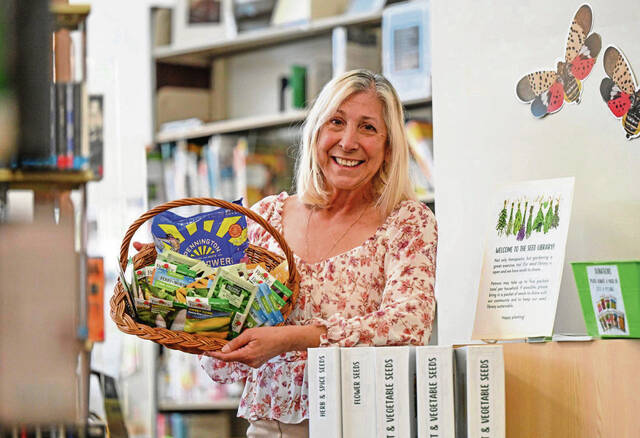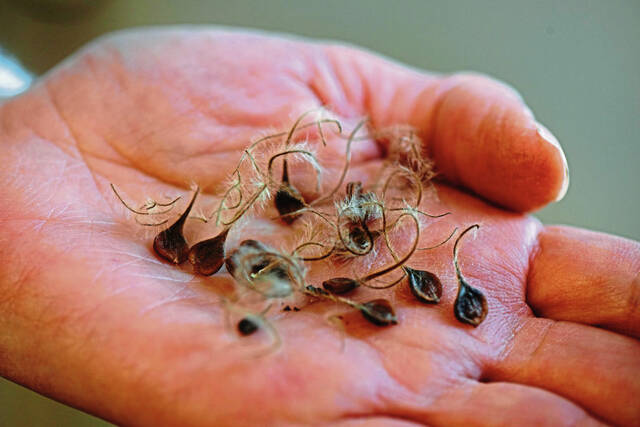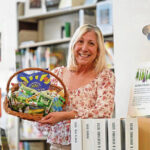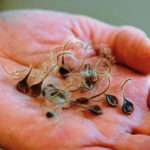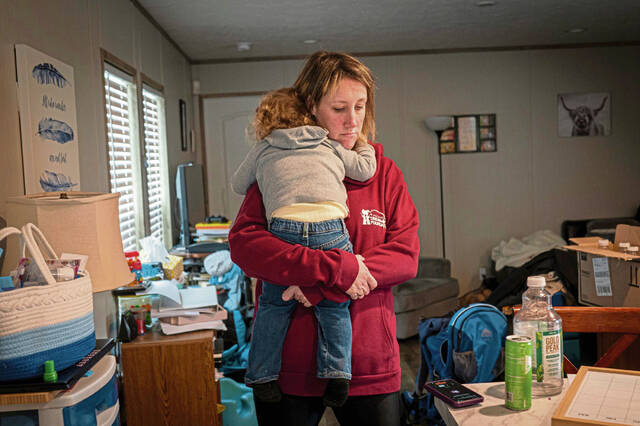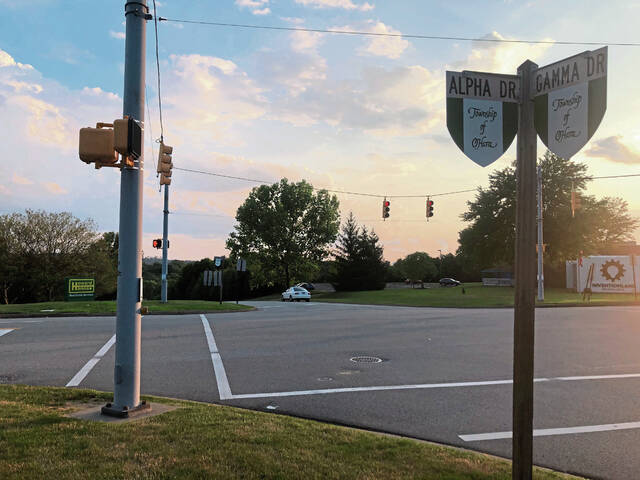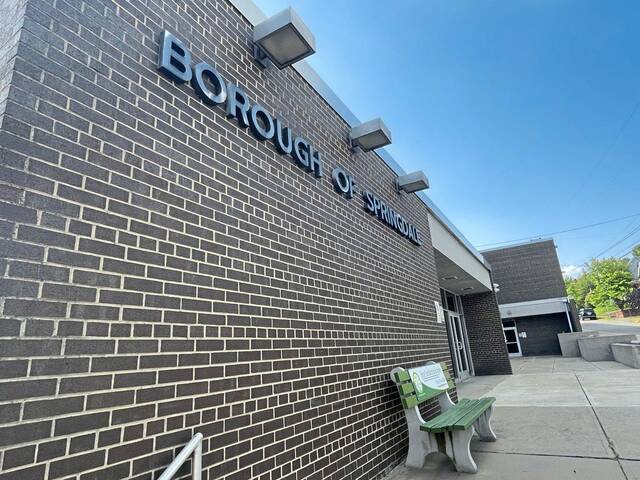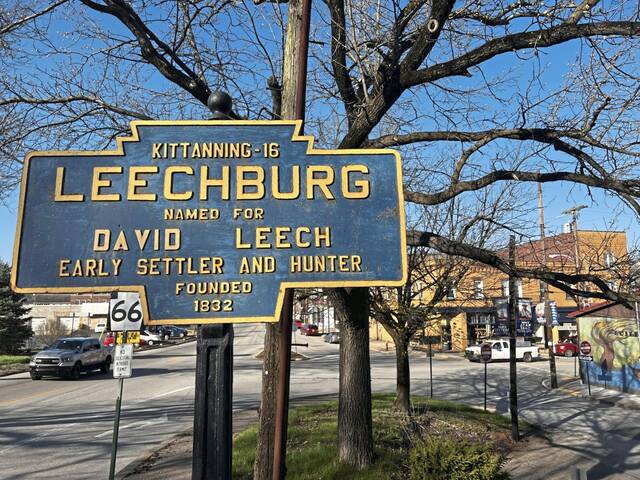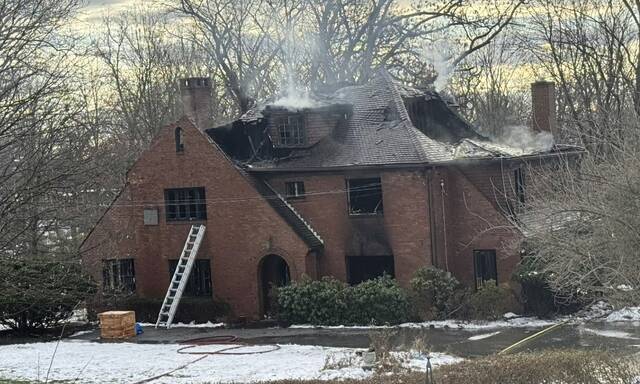A program at the Community Library of Allegheny Valley is growing in more ways than one.
The library along Harrison’s Broadview Boulevard plans to expand its Seed to Salad program so people can take packets of vegetable, herb and flower seeds and plant them at their homes.
Julia Strzesieski, the library’s adult events coordinator, said the library distributed 555 packets of seeds in the program’s first year in 2023. The goal is to triple that number this year, she said.
“Several of our neighboring communities are considered food deserts and are underserved by public transportation,” Strzesieski said. “By providing the knowledge and hands-on tools needed to grow basic fresh foods, our community will greatly benefit.”
The library serves people in Harrison, Tarentum, Brackenridge, Fawn, East Deer and Frazer.
Strzesieski said the library plans to partner with the Pucketos Garden Club in New Kensington and the Penn State Extension Master Gardeners to host workshops, a speaker series and in-the-field experience at the Sheldon Park and Natrona community gardens, both in Harrison.
Raised garden beds will be built at the library so people can get their hands dirty and learn the ropes of growing herbs for pizza toppings, greens for salads and vegetables to be eaten straight from the ground.
“These plantings will beautify the area and allow people to pick the herbs for their own use,” said Pat Lance, a member of the Pucketos Garden Club for 10 years.
The club supports a garden at the Peoples Library in New Kensington, where members plant flowers, herbs and shrubs. Getting to work in the dirt is a good way to promote gardening with youngsters, Lance said.
Suzy Ruskin, director of the Community Library of Allegheny Valley, said the seed library has quickly become an important community resource that allows the facility to expand its environmental footprint.
“I am thrilled to see our program expand and provide not only materials but educational programming,” Ruskin said. “I am most excited about inspiring young gardeners with fun programs and a pizza garden right here at the library.”
The library serves more than 40,000 a year with its collection of books, CDs, magazines and programs that include scrapbooking, technology and history.
“We want to energize our community and promote the fact that our library offers much more than just books,” Strzesieski said. “Our library has a wealth of information that can benefit our community’s bodies and minds.”
The seed library will be helped by a $5,000 grant awarded this month by the Ira Wood Foundation. Seeds, donated by library patrons, Tractor Supply, Walmart and Lowes, will be available in March, but the library will host a native plant workshop Feb. 10 to kick off this year’s program. The time has not been set but will be announced soon on the library’s website.
The workshop will be led by the Pucketos Garden Club. Supplies will be provided for people to take home a starter pot.
Native plants are most beneficial for local landscapes because they are designed to thrive in Western Pennsylvania’s soil and climate, said Rachel Handel, a spokeswoman for the Audubon Society of Western Pennsylvania.
They preserve the local biodiversity and are generally easy to maintain, she said.
“Native plants attract birds, butterflies and beneficial insects to your backyard,” she said. “They support wildlife by providing habitat and food sources, they are beautiful and hardy, and there are varieties that do well in sun, shade, dry and wet areas.”
Some examples of native plants include ferns, phlox, beebalm, aster and butterfly weed.
Handel said native plants such as milkweed directly benefit the dwindling Monarch butterfly population.
“Other plants contain seeds and berries that provide food for songbirds. Over the winter, insects crawl into the hollow stems of native plants,” she said.
Audubon, headquartered in Fox Chapel, has a native plant center on its property along Dorseyville Road. It is open May to October.


